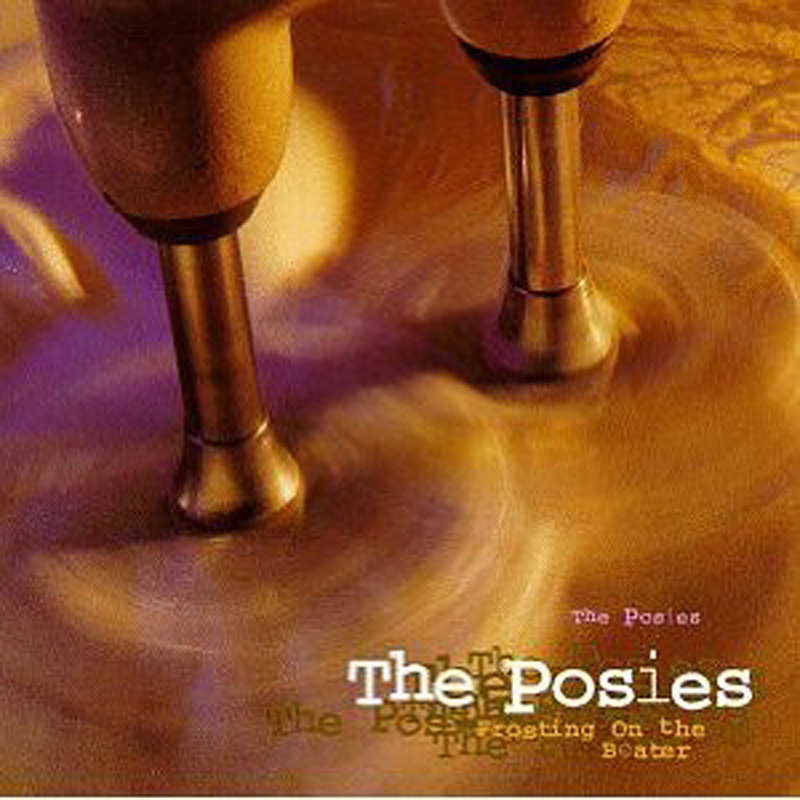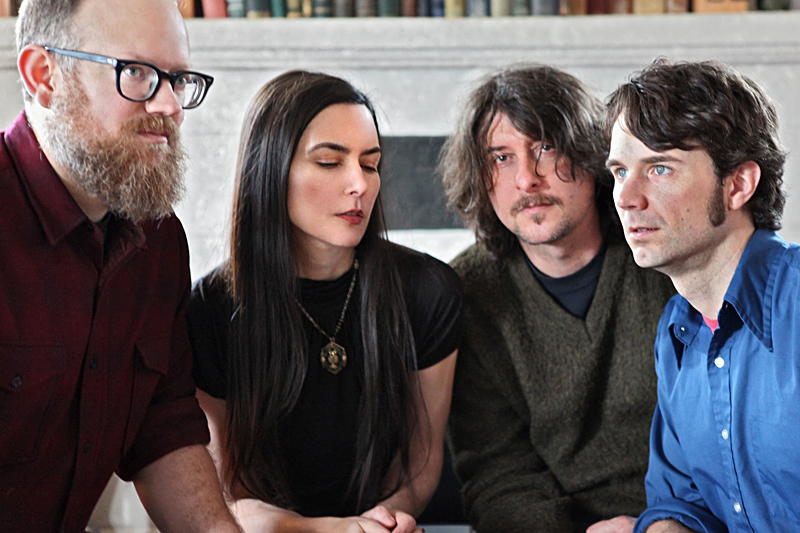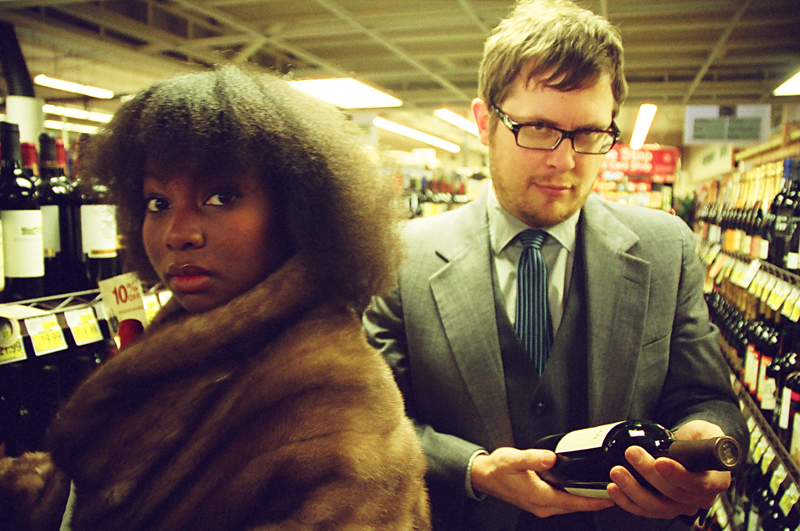When the Posies play their 1993 sharp-edged power-pop classic, Frosting on the Beater, alongside songs from their forthcoming, yet-unrecorded record on Saturday, it’ll be more than a dabble in the ’90s alt-nostalgia now manifesting itself in ubiquitous second-generation Doc Martens and flannel. The band will be forced to answer questions: Can the Posies still summon Frosting‘s lush harmonies and biting lyrics with the same kinetic energy it once tapped? And will the new songs resonate in the same timeless way?
“Seems to me the whole key to longevity is intentionally doing things that scare you a little now and then and keep it fresh, you know?” co-founder Jon Auer said in an e-mail. “We just keep upping the ante with each other, trying to make it challenging. In 2005, we played Every Kind of Light in its entirety as our set at a show in Rotterdam, at Ken’s suggestion. It turned out great, and gave us a dose of much-needed unpredictability.”
The fact that anyone is still interested in hearing Frosting (the show’s sold out) is vindication of sorts for the band. While the Posies helped define musically the now-infamous “Seattle sound” of the early ’90s, their legendary contemporaries—Nirvana, Pearl Jam, Soundgarden, Alice in Chains—overshadowed them commercially. The Posies broke through contemporaneously with grunge, but the band’s harmonizing vocals and swirling, caramelized melodies never fit the genre, resulting at the time in both appreciation and derision.
Today their influence is far-reaching, and a number of hugely successful indie bands laud the Posies as an inspiration.
“After I spent some time in the studio with Snow Patrol, working on their multimillion-selling album, Eyes Open, I read an interview with Gary, the singer, who said he had been pretty nervous, and went on to list how much Frosting on the Beater and the Posies had influenced him,” said Ken Stringfellow, the other half of the Posies’ spiritual core, in an e-mail.
Auer elaborates: “It’s kind of amazing to see that now it’s OK to be melodic and sensitive. When we were signed to a major label back when Seattle exploded everywhere, we were almost a complete anomaly in the area. One of the local magazines of the day basically laughed at us because in their eyes we were ‘wimps.’ It makes me wonder what it would have been like for the Shins or Death Cab for Cutie or Iron and Wine if they had come out at the same time we did.”








